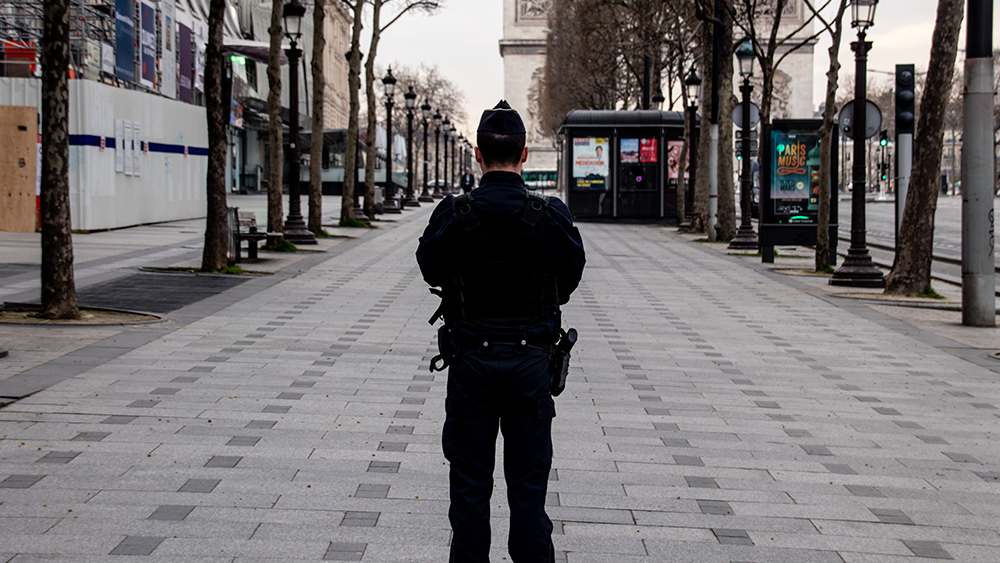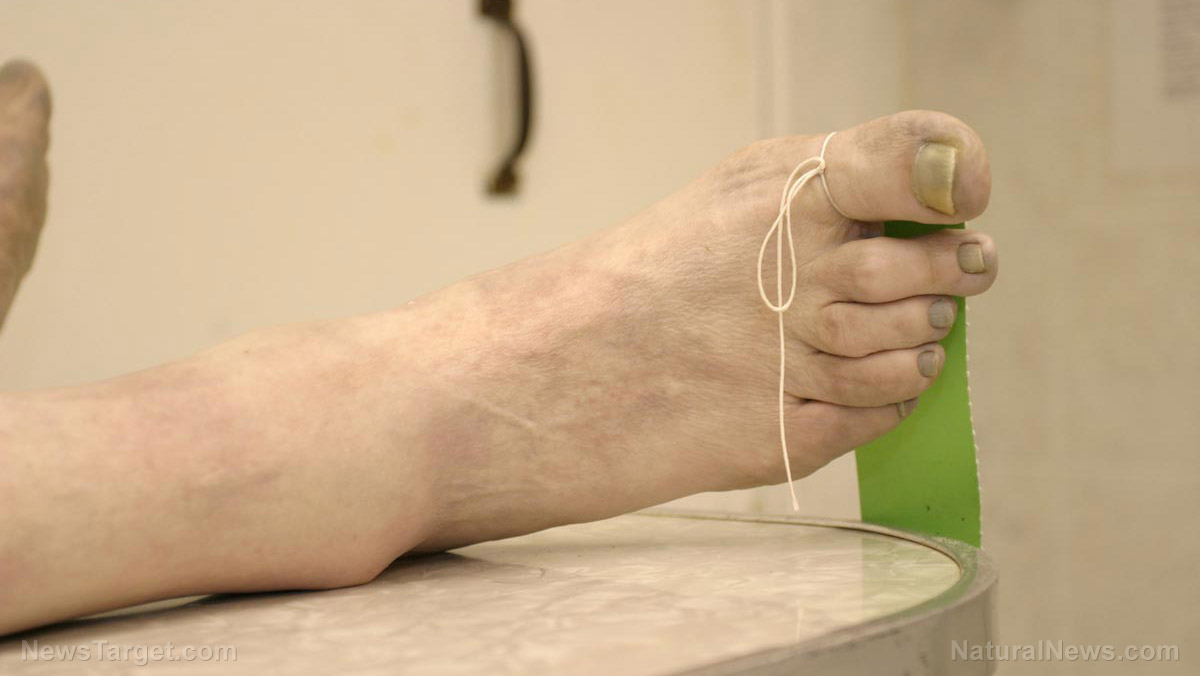Australia to continue lockdown for another four weeks
04/18/2020 / By Franz Walker

Australian Prime Minister Scott Morrison announced Thursday that the country would remain under lockdown for at least four more weeks. The announcement dashed speculation that a quick return to normal could be on the way, thanks to the sustained low growth in new COVID-19 cases.
Australia has kept its caseload low but isn’t taking chances
The swift action of its federal government has helped Australia avoid the high numbers of coronavirus cases reported in other countries around the world. The government closed the country’s borders and imposed strict social distancing measures over the past month.
Nonessential businesses like bars and restaurants have closed and public gatherings of more than two people have been banned under the threat of fines and even imprisonment. Thanks to these measures, the daily growth rate of reported new infections has remained in the low percentage single digits, keeping Australia’s caseload to about 6,500 infections and limiting deaths to 63.
“In about a month from now there will be changes to the baseline restrictions that we put in place a few weeks ago,” stated Morrison during a press conference.
The prime minister added that three benchmarks needed to be met before that occurred. “When we have in place the broader testing regime surveillance, the automated contract regime in place, and we have scaled out our capacity to respond to outbreaks, that is what we are looking to do in the next four weeks.”
When Australia does come out of lockdown, the relaxation on restrictions will be staggered, Morrison said, with curbs on the retail and manufacturing industries being eased first.
Additionally, schools may also open sooner. In recent days, Morrison has pushed state and territory leaders to reopen schools.
Schools may be reopened sooner
Citing medical advice that children carry a low risk of transmitting the virus, Morrison has advocated the reopening of schools to help boost Australia’s economy, which is headed for its first recession in three decades.
However, state and territory leaders, who administer schools, have disagreed with Morrison and ordered schools to remain shut. The only exception here being children of essential workers, including those working in the health sector and groceries.
In the state of Victoria, where officials have told parents to keep their children at home if possible, just three percent of children attended school Tuesday, the first day after the Easter break. Meanwhile, students in other states and territories remain on mid-term vacation.
On Tuesday, the national cabinet, made up of state and federal leaders, was called to tackle the issue. However, an agreement on it was not reached during the meeting.
Relaxing restrictions too early is risky
While Australia has been able to keep its caseload low, experts warn that it risks suffering a massive spike in cases should it relax its restrictions too early. Some have even called the approach a “mixed blessing,” saying that while it has limited the size of the outbreak within its borders, it also means that the country will have to retain its restrictions for much longer.
Other countries have already seen their caseloads surge after ending their restrictions early. Singapore, once praised as a model example of how to handle the outbreak, has seen a 60 percent jump in daily new infections and has since announced a further tightening of restrictions. Japan, which was able to keep its infections low for two months, has also seen a surge in new cases, forcing the government to declare a month-long state of emergency.
“If Australia comes out of our isolation too early, we risk an even bigger peak,” said Ian Mackay, a professor from the University of Queensland.
“This could take six months or more. We cannot lose focus.” Mackay continued. “It’s annoying, it’s hard, it’s very tough for a lot of people, there is real pain and economic hardship in the community. But we have to stick it out, because if we relax too soon, and allow the virus to re-emerge and spread widely, all the pain we have suffered will have been for nothing.”
Sources include:
Tagged Under: Australia, coronavirus, covid-19, Flu, government, infections, lockdown, lockdowns, outbreak, pandemic, priority, quarantine, restrictions, social distancing, superbugs, virus



















